GWSS 2021 Colloquium Series
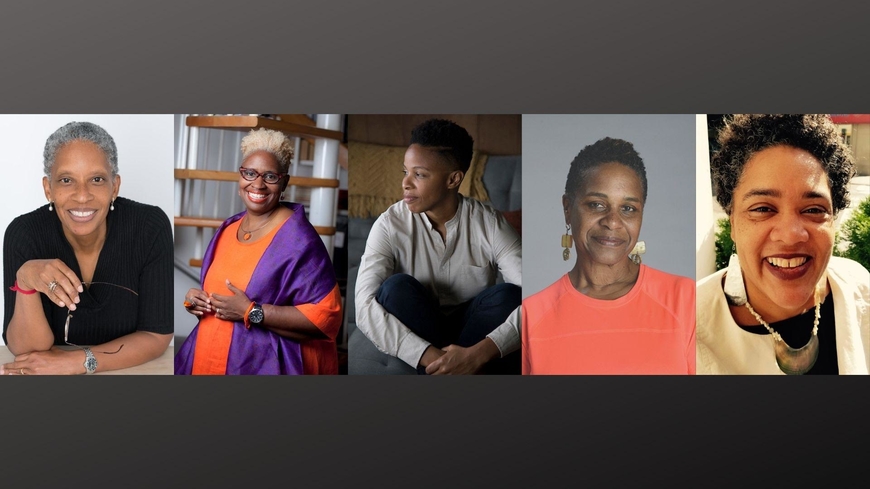
Black People Healing for Justice & Liberation: Fierce Resolve in Times of Crises
In the 21st century, Black feminists have seeded and led some of the most important social movements against the ascendency of fascism now raging across the United States. These movements include prison abolition, Black Lives Matter, #MeToo, and De-Funding the Police. Black women have been integral to the practice of American democratic ideals. Black women like Maria Stewart were the first in the United States to speak publicly and unequivocally in defense of the enslaved and to advocate for the civil and political rights of female-bodied people. Black women’s political organizing in organizations like SNCC was central to the overthrow of racial apartheid in the South, the passage of the Civil Rights Act of 1964, and the passage of the Voting Rights Acts of 1965. In 2020, Black women like Stacy Abrams have secured several undeniable checks against right-wing extremism by helping to secure electoral victories in swing states like Georgia, Michigan, Arizona, and Nevada. Now more than ever, it is time to listen to Black women!
Listen!
The Department of Gender Women & Sexuality Studies is hosting a colloquium series that features Black healing justice writers, practitioners, and community organizers. This lecture series will explore basic themes that are central to our survival:
- Black feminist and Black queer praxes and healing modalities to care for mind, body, and spirit in times of political crises.
- How Black feminist/queer people have created mindfulness practices to resist anti-Blackness in interpersonal, professional, and academic life and what can these practices teach us as we strive to bring peace and justice to our own bodies and communities.
- How community somatics can restore resilience and resolve in a culture of denial, fear, ambition, greed, and willful ignorance.
- How to connect the wisdom of Black feminist/queer ancestors to knowledge-making practices in the community and in academic spaces.
Co-Sponsors
- Race, Indigeneity, Gender & Sexuality Initiative
- Department of American Studies
- Office of Public Engagement
- Department of Chicano & Latino Studies
- Department of African & African American Studies
- Black Faculty & Staff Association
Events in this Series
The events in this series will be held online. They are free and open to the public. Registration is required.
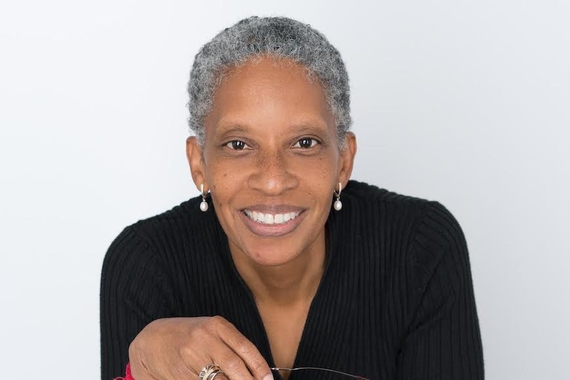
Call and Response: A Womanist Buddhist Vision for Relational Justice Making
What does a Buddhist-inspired, womanist-embodied power feel like in these times of social upheaval? In this conversation, Pamela Ayo Yetunde, a leading Black Buddhist theologian and lay practitioner, will discuss ways to channel, invoke, and visualize ancestors and archetypes to release self-limiting thoughts and unleash personal power for positive personal, relational, and social change.
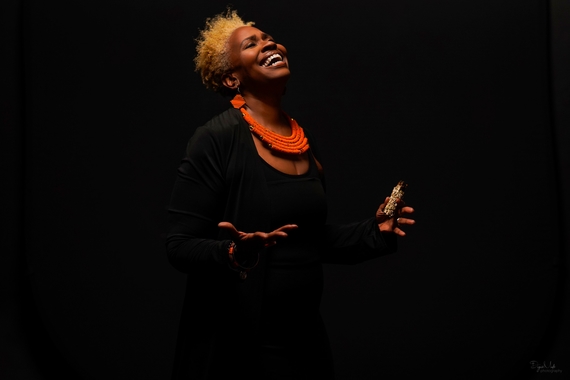
We Don’t Have To Be A Raggedy Revolutionary: Radical Self-Care As A Resistance Practice
This session is a gift of time and space for us to take a big deep breath together in community. We will hold space to interrupt the effects of toxic stress and trauma, particularly, with the challenges of the World Pandemic, anti-Blackness and its particular crush on Black Women and Femmes.
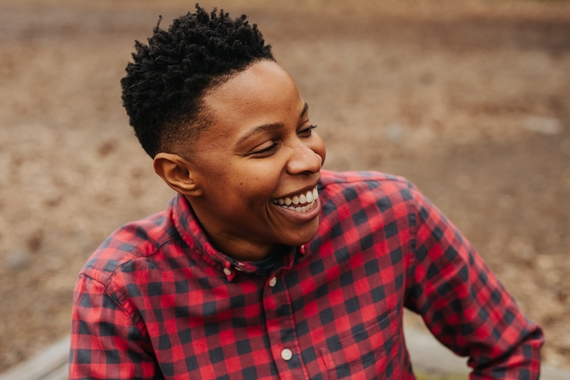
In this time of increasingly challenging conditions and divisiveness, our communities and movements are in dire need of strengthening our abilities for generative conflict. Prentis will utilize embodied practices as a tool for increasing somatic awareness, identifying internal patterns, and addressing interpersonal challenges.
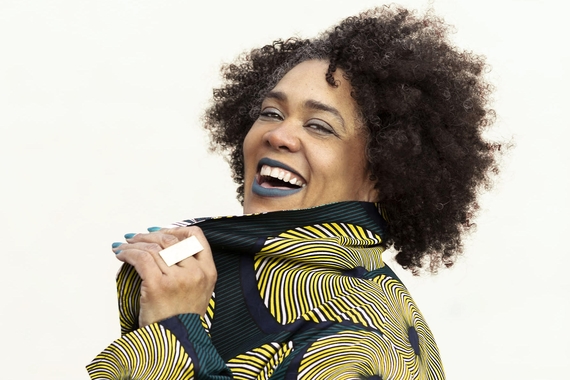
A Black Feminist Talk & Wkshp: Rooting in Abolitionist Dreams for Collective Care & Safety
This will be a collaborative learning workshop towards designing liberatory and possible futures for our communities. We will explore transformative skills and tools rooted in Black Feminist and Healing Justice traditions and dreams. We will also imagine what transcending barriers for working and healing together can look like in these times
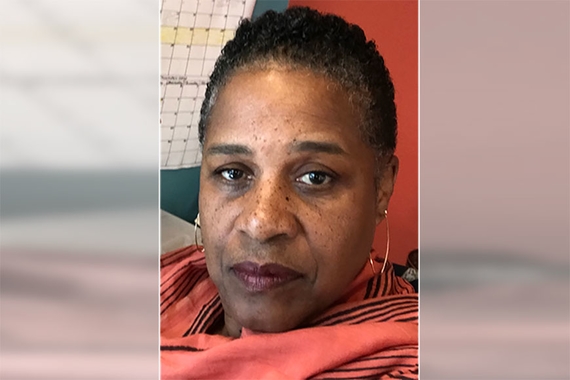
A Return To The Sacred Medicine of Darkness
As BIPOC, we are living in a culture and epoch, that is deathly afraid of the dark. This fear of darkness translates into a “neurosis of the unknown", a dread of uncertainty and terror towards intuition and mystery. As a consequence of being conditioned by such culture from the cradle to the grave, there is no way that our perceptions, those of our families and communities of color and culture have escaped the pervasive body of the fear of darkness.